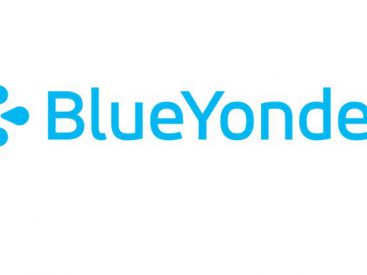Small businesses operate in an economy that is constantly shifting due to inflation, supply chain disruptions, labor shortages, and evolving consumer behavior. Forbes highlights that 35% of small businesses are concerned about cash-flow forecasting (predicting when and how money comes in and goes out). At the same time, digital transformation and remote work opportunities have reshaped how businesses operate, creating both new challenges and untapped potential. This blog post explores actionable strategies to help small businesses succeed despite economic uncertainties. It covers key areas such as digital transformation, operational cost management, financial stability, and innovative growth approaches. Understanding Economic Shifts and Their Impact on Small Businesses Economic shifts influence every aspect of a business, from operating costs to consumer demand. Small businesses, in particular, face significant challenges in such situations. For instance, inflation continues to be a major concern for small business owners. Statista reports that the U.S. inflation rate averaged 4.1% in 2023, impacting material costs, rent, utilities, and wages. Around 53% of small business owners reported rising inflation as their primary challenge, according to a survey by Entrepreneur. Higher prices for goods and services put pressure on businesses to adjust pricing strategies while maintaining customer loyalty. Moreover, […]
K&X Design and Investment Technology, LLC
Invest The Invisible Impact
K&X Design and Investment Technology, LLC
Invest The Invisible Impact



